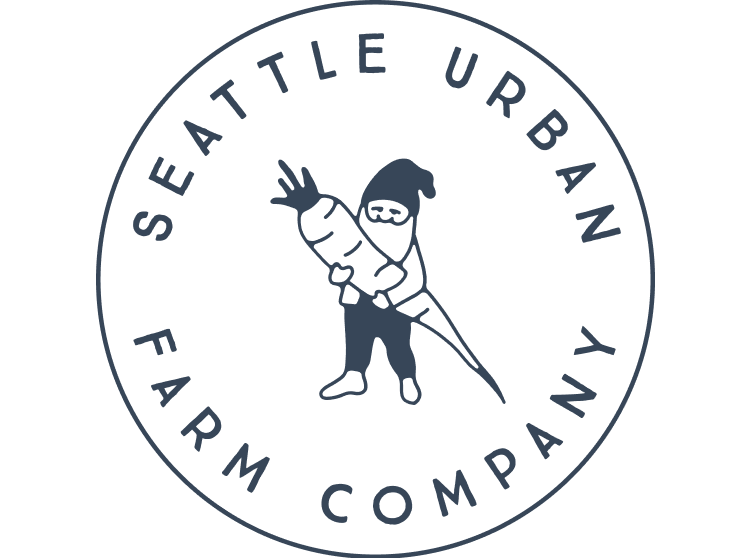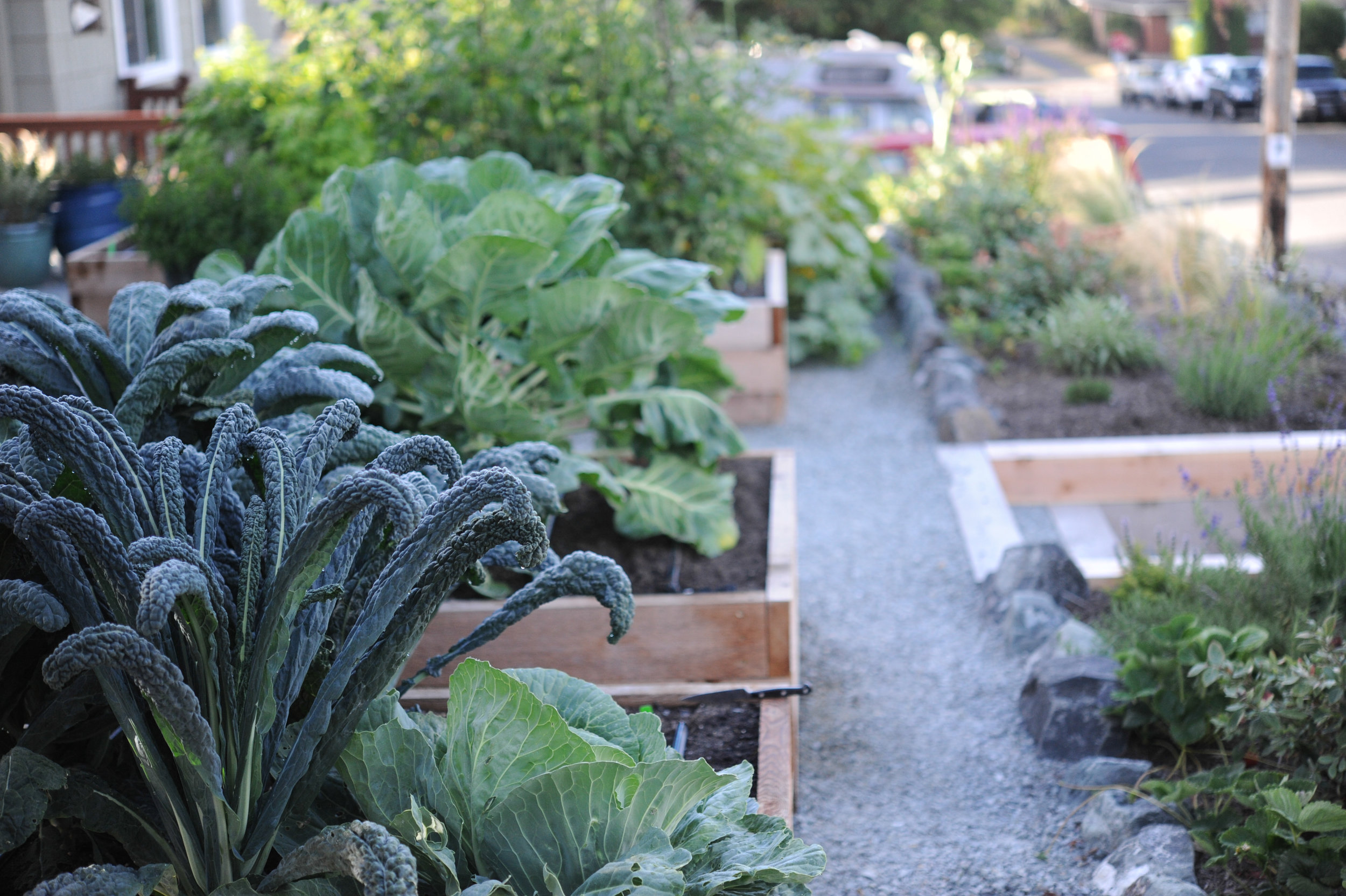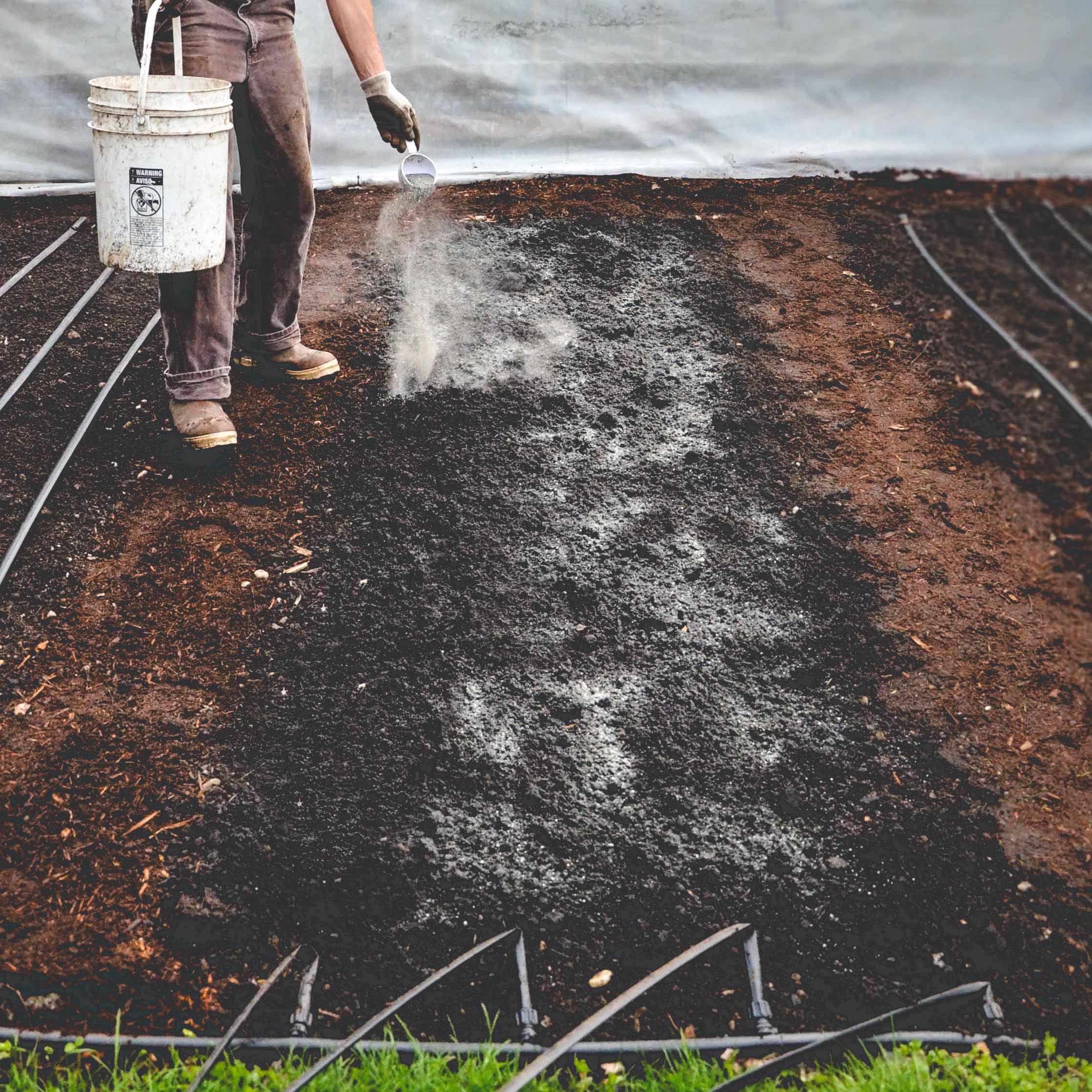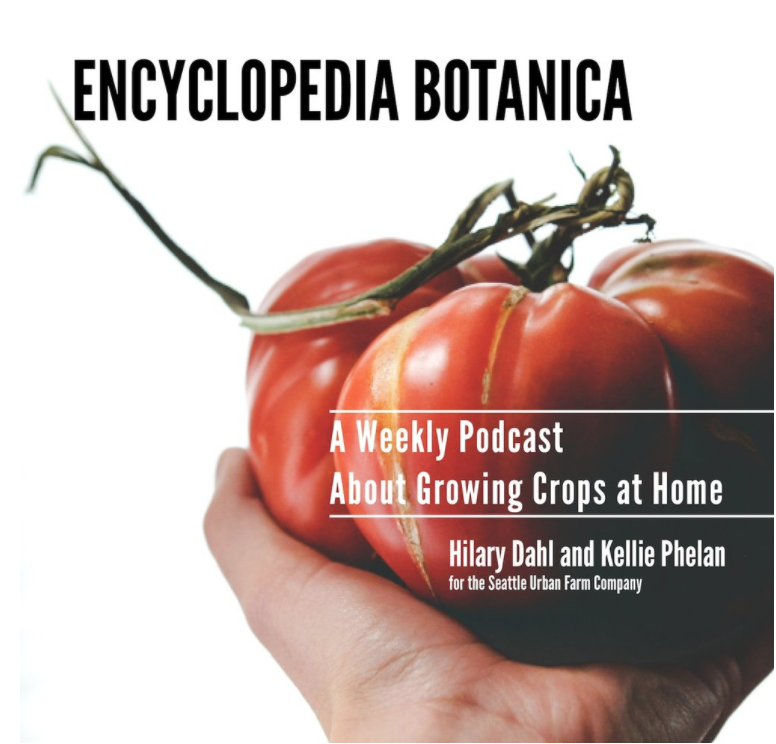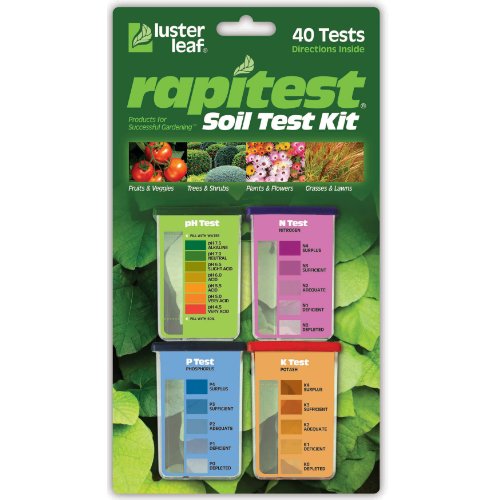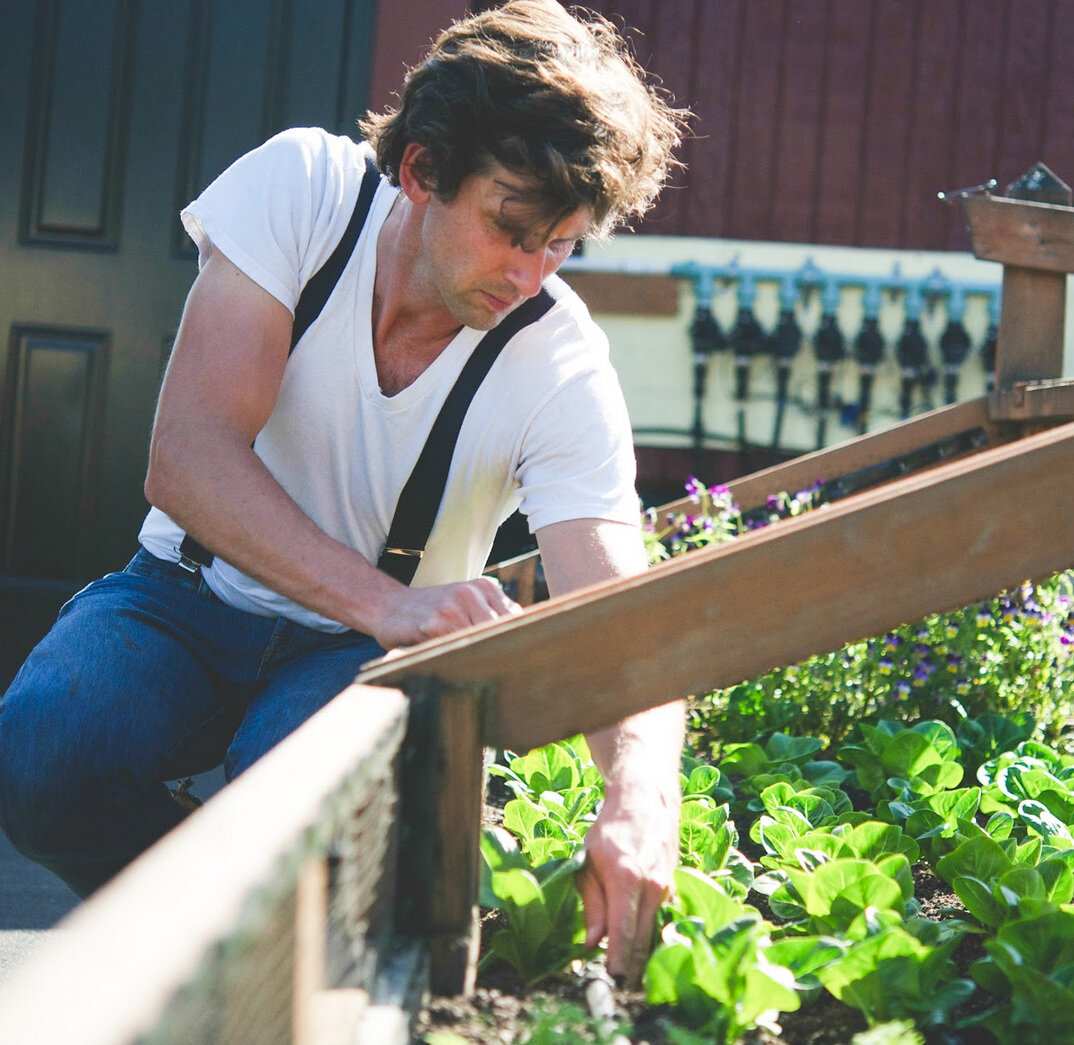This episode we are going to delve into the wonderful world of soil pH. Managing the pH of a garden may sound super complicated or perhaps a bit over-the-top for the beginning gardener. However, checking and adjusting the pH of your garden soil is actually very easy and very important.
HOW TO LISTEN:
Listen right now in your browser by clicking above.
Subscribe in iTunes (or your favorite podcast player) to have our podcasts sent directly to your device.
SHOW NOTES:
In this episode, we discuss:
What is soil pH?
What does soil pH mean for our vegetable garden?
How you can amend soil pH.
Important Take-aways:
The pH of your soil affects the availability of nutrients to your plants. This means that, even if you have added compost and fertilized your garden soil with everything imaginable, if the pH is way off, the plants will not actually be able to absorb and use these nutrients.
For almost all annual vegetable crops a pH between 6.2 and 6.9 is ideal.
Adding Calcitic lime and Dolomitic lime will make your soil more basic.
Adding elemental sulfur will acidify your soil.
The advantage of Dolomitic lime is that it also provides magnesium and calcium to your soil, both essential plant nutrients. However, if applying Dolomitic lime, you need to be careful because over-applications or too frequent applications can throw the calcium-magnesium balance out of whack, which can lead to all sorts of plant health issues.
4.5-5.5 is a good range to shoot for in your blueberry patch.
You have three basic options for testing your soil pH. You can use a pH testing kit at home that uses litmus paper; you can use an electronic pH tester at home; or you can send a soil sample into a lab. All of these are good solutions, but I think for the average home gardener, it probably makes sense to both use a home tester and to send in a soil test to a lab.
If you'd like to learn the make-up of your soil, get a soil test! Here are two labs that we use on a regular basis:
Heard on the Episode:
“Some perennial crops like blueberries actually prefer very acidic soil conditions, way more acidic than vegetables. This is another good reason to keep perennials in a separate planting area from your annual vegetables.” - Hilary Dahl
“My soil test results showed I was in the mid range for magnesium, so it sounds like calcitic lime would probably be the best amendment for me. And if you're not sure, that's the one to use so you don't inadvertently add too many minerals to your soil.” - Kellie Phelan
Like what you hear? Please share our podcast with a friend. Subscribe on iTunes or your favorite podcast player so you never miss a beat. And we'd really appreciate you showing us some love by leaving a rating and review on iTunes.
Have a topic you'd like see us dig in to? Leave us a note in the comment section below or #EBpodcast onInstagram and Twitter!
